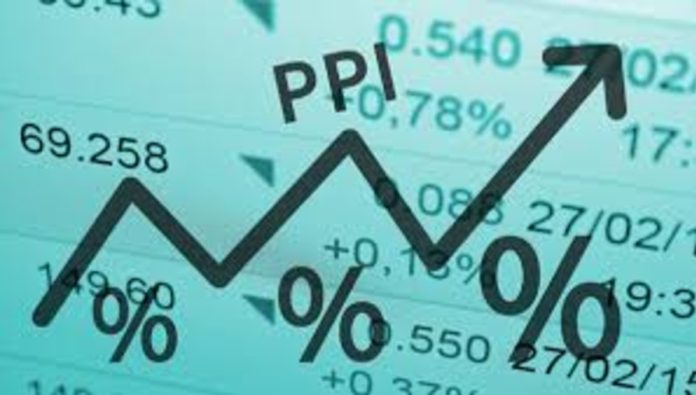The Institute for Economic Affairs has emphasized that inflation remains in Ghana remains high by international standards despite it dropping significantly from 54.1% in 2022.
Year-on-year inflation tumbled for the seventh consecutive to 20.9% in July 2024. This was largely due to base side effects.
But in a statement by the IEA, it said the high inflation has had a severe compounding effect on the cost of living.
While inflation has been on the decline, it remains high by international standards. Moreover, it has had a severe compounding effect on the cost of living.
The fiscal deficit was -12.0% in 2021 and -11.8% in 2022, before declining to -3.6% in 2023, due to the impact of the Domestic Debt Restructuring Programme (DDEP) along with the suspension of external debt servicing.
The IEA continued that the deficit is projected to remain low at 4.7% in 2024.
The public debt to Gross Domestic Debt (GDP) ratio rose from 79.2% in 2021 to 92.7% in 2022 and then declined to 82.9% for 2023.
For 2024, the IMF projects the debt to GDP ratio to decline only marginally to 82.5%, well above sustainability levels.
Inflation for July tumbled to 20.9%.
Inflation for the month of July 2024, tumbled to 20.9%.
This represented a decline of 1.9 percentage points from that of June which was at 22.8%.
According to the Ghana Statistical Service, food inflation went down to 21.5% from 24.0% in June 2024, while non-food inflation also fell to 20.5%.

